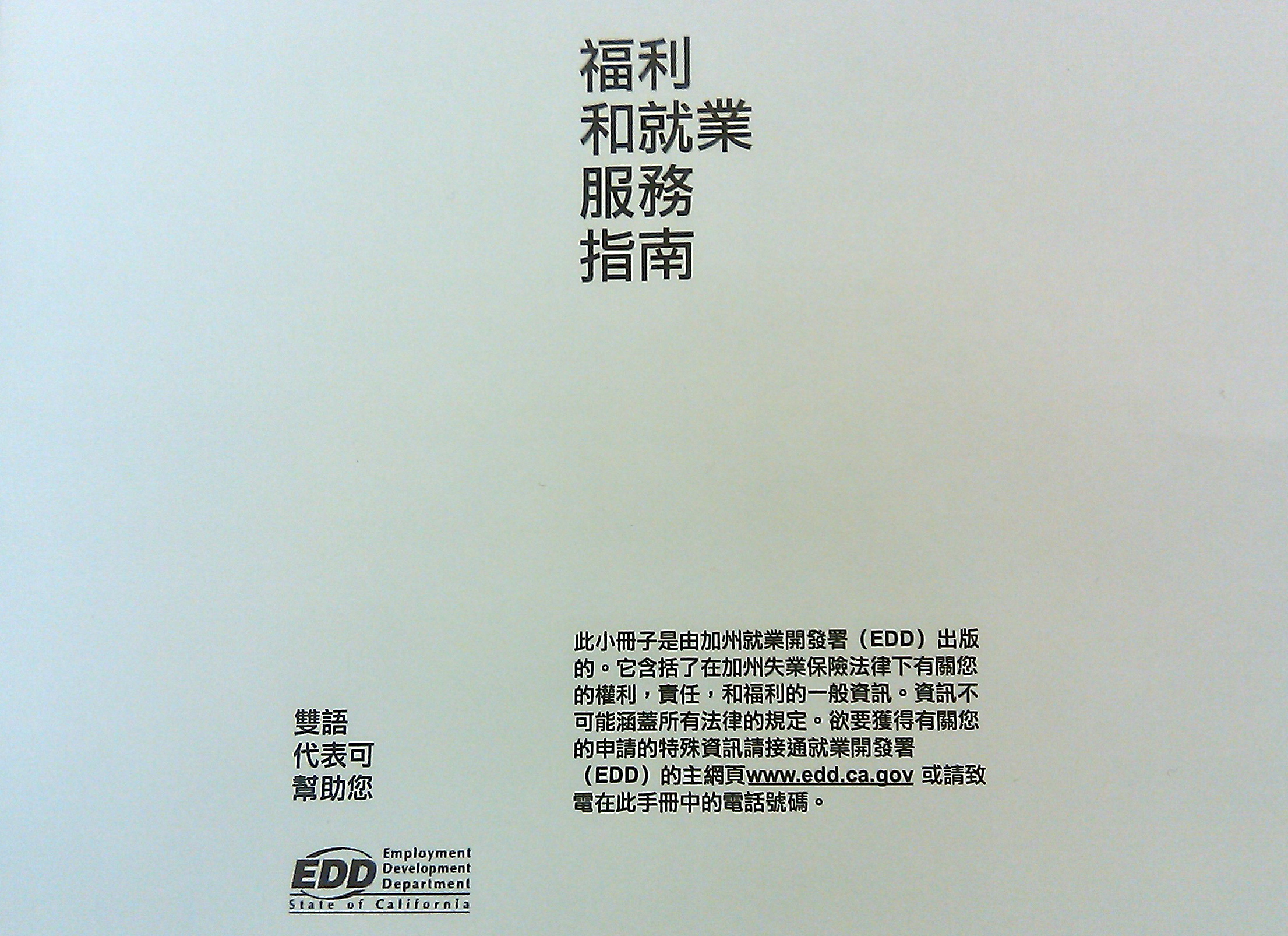A statewide audit released Thursday says many state and local agencies are not meeting legal standards for providing bilingual services for many of its residents.
The Dymally-Alatorre Bilingual Services Act, passed 37 years ago in California, says state and local agencies must provide bilingual services for residents who do not speak English. The audit found that many agencies were still lagging in providing bilingual staff and materials in other languages other than English.
Susan Hsieh, communications manager for the Chinese for Affirmative Action, based in San Francisco, read statements from a San Francisco Chinese resident, named Mrs. Li, who immigrated to the city last year. She was let go from her job as a janitor this year and filed for unemployment.
She was able to do so easily, as staff were able to accommodate her with bilingual assistants and paperwork. But, according to Hsieh, the letters that came after Li had filed for unemployment were all in English.
“Li was taking ESL classes, but wanted to make sure she understood the documents because they were important government documents,” Hsieh said. Li had her brother and sister read the documents, but she did not want to bother them every time a letter came.
She also visited the Wu Lee Community Center in Chinatown to get help. One of the letters said that she needed to register online with Employment Development Department to still receive her benefits, but she did not know how to use the Internet. Li went to the center where staff helped her register. Li said that without them, she would probably have lost her unemployment benefits.
Assemblyman Warren T. Furutani, D-South Los Angeles County, who requested the state to do the audit, said he was disappointed that many agencies did not follow recommendations made from the last audit, in 1999.
“The recommendations unfortunately show a situation where so much more work has to be done. The next step is for us to provide teeth for these policies,” Furutani said.
The audit recommends that the State Personal Board, which oversees the implementation of the bilingual services act, make sure all state and local agencies are aware of this act and for agencies to identify deficiencies, including staffing and translated materials.
Despite the Li incident, Christopher Punongbayan, deputy director of the Asian Law Caucus in San Francisco, said the city is definitely ahead of the curve when providing bilingual services in many of its agencies. He said for example, that the city does a yearly audit on how well agencies provide services to non-English-speaking residents instead of the two year reccomedation from the bilingual services act.
“One thing we are looking more closely at is the results of the latest c
Census, which will provide us the data on the growth of new languages in the city,” Punongbayan said. “We’re really looking forward to the working with the city and the new languages emerging.”









